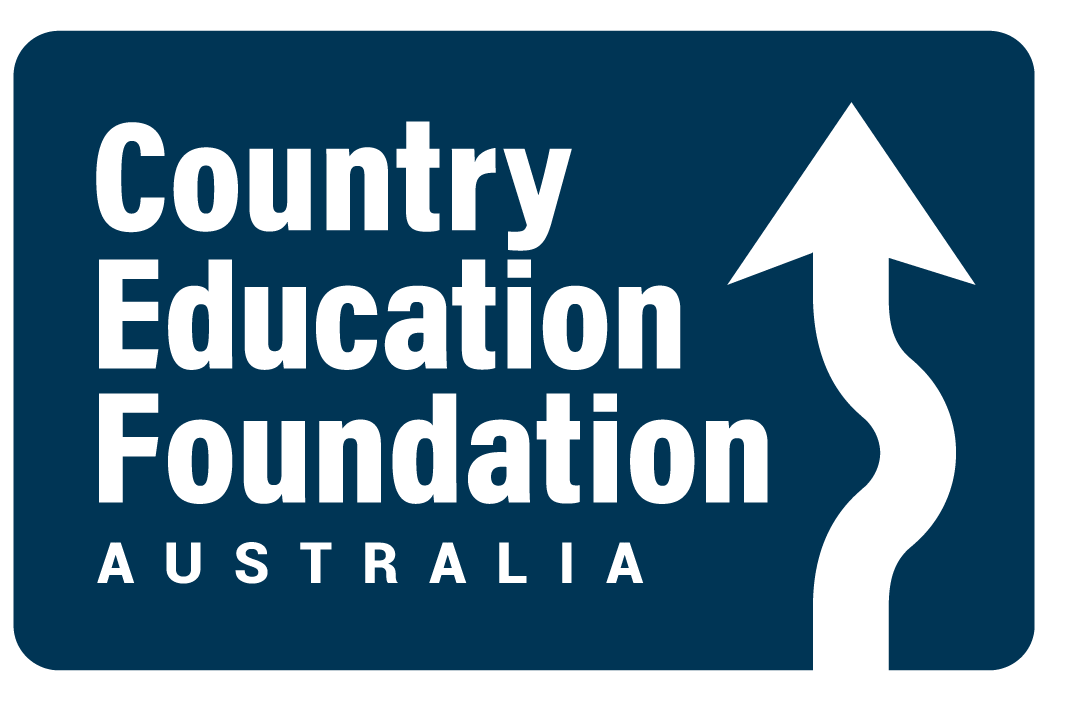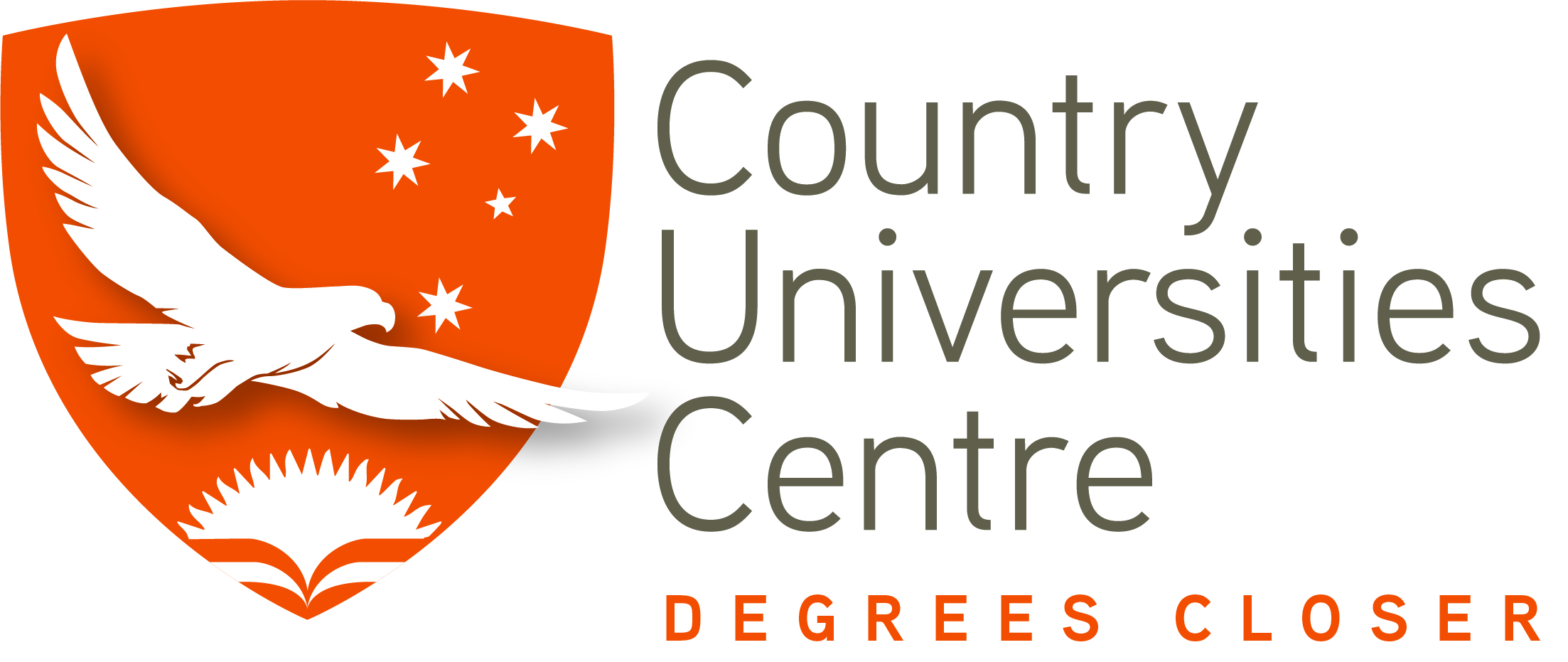SO, YOU'RE READY FOR THE NEXT BIG STEP...
So, you have finished those exams, taken that gap year or are ready for the workforce…There are so many things to take into consideration, especially if you are from a rural or regional area. What do you do next? What do you need to get where you want to go? What financial support is available? Where are you going to live?
On this page you will find much of this information all in one place, or at least directions to the right places to find all the help available to you. You can go through this resource in full, or if you know what you are looking for you can click on the icon below to take you straight to what you need:
There are so many options for you after school – and everyone in different. No ‘one size fits all’ stuff going on here. Below are just some of the options you can consider. No matter what you decide, it’s important to remember a few things:
- Everyone is different, and so are their situations. What your friends are doing, or older family members have done might not be right for you at this point in time, or at all!
- There are SO many pathways to follow if something doesn’t quite go right, so don’t let exam marks or anything else stop you. If there’s a will, there is definitely a way!
- It is important to seek help and ideas from others to make good decisions but, at the end of the day, you need to do what is best for you!
- The decision you make today or in the coming weeks or months doesn’t define your life – you might not like what you decide to do, and that is completely ok!
- Past CEF grant recipients ALL say the same thing – Move away, do the weird course, follow your gut and take the chance!

UNIVERSITY
Bachelor degrees give you the skills and knowledge to get you ready for professional careers and further study and research.
- What to study at university? You can study just about anything, leading to lots of different careers! This is daunting and exciting.
- A single degree or a double degree? You can study a single or double degree. This means you graduate in two areas of study.
- How long? Bachelor degrees usually take three to five years if you study full-time or double that for part time.
There are two ways to apply – to the course and university. You can do this via tertiary admission centres below or direct to the university on their website.
APPRENTICESHIP OR TRAINEESHIP
There are more than 500 apprenticeships and traineeships you can choose from. Check out the full list at the Australian Apprenticeships website.
Earn while you learn. Sound good right?!
- Apprentices work towards a nationally recognised VET qualification while employed in the industry. They are trained in a skilled trade and become a qualified tradesperson in their area, like an electrician, hairdresser, bricklayer or carpenter.
- Trainees are trained in areas like hospitality, retail or office administration.
Still in high school? Talk to your careers advisor about a school based apprenticeship/traineeship!
TAFE/VET SECTOR
The focus of these qualifications is on developing the knowledge and practical skills needed for work and there are many types of study and pathways when it comes to the VET sector.
- It can assist in joining or re-entering the workforce
- Helps upgrade skills in your chosen field
- Allows you to make a career change
- Can be used as a pathway to uni, often with credit
- You can study a Certificate I, II, III or IV (thats 1,2, 3, or 4 if roman numerals aren’t your thing) and even Diploma and Advanced Diploma studies
EMPLOYMENT
If study or travel just isn’t for you, perhaps you want to jump right in to earning money. Employment is a great idea after school, so think about what it is you might like to do or where you would like to work, and start searching.
- Having a job means more than money. It also gives you the opportunity to broaden your social network, develop your skills and explore interests.
- How do I get a job? Get proactive! Look online at jobsearch websites, ask around, approach businesses with a resume!
- Create or update your resume. Remember, this document is all about selling yourself! MS Word has templates, or you can google ideas.
- Get LinkedIn. Creating a profile on this social media platform is great for seeking out professional opportunities and for networking.
GAP YEAR
People have many different reasons for taking a gap year, or two.
Many students use their gap year or break between finishing school and pursuing further study to work, travel or volunteer. This gives them some time to gain some life experience!
If you have questions like Is a gap year right for me? What should I do on my gap year? How can I make the most of it? You totally need to visit The Gap Year Guide!
OTHER
There are so many post school education and training options and not all of them fit into a category.
Maybe you are the next Julia Roberts? Or are keen to join the long list of super awesome athletes from the country? The possibilities are endless.
CEF has supported students who have trained to be a minister, a yoga teacher or even a jackaroo. It’s up to you!
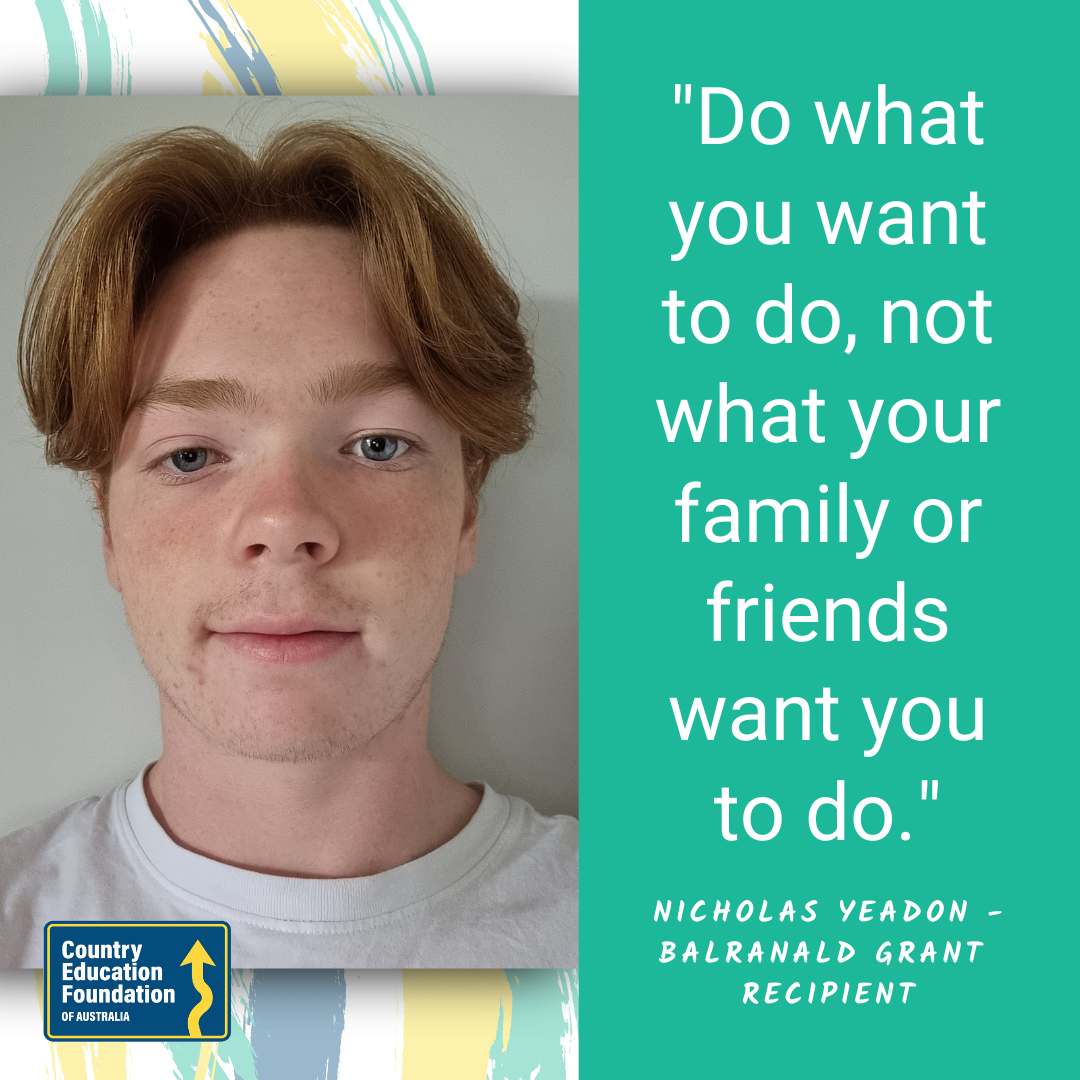
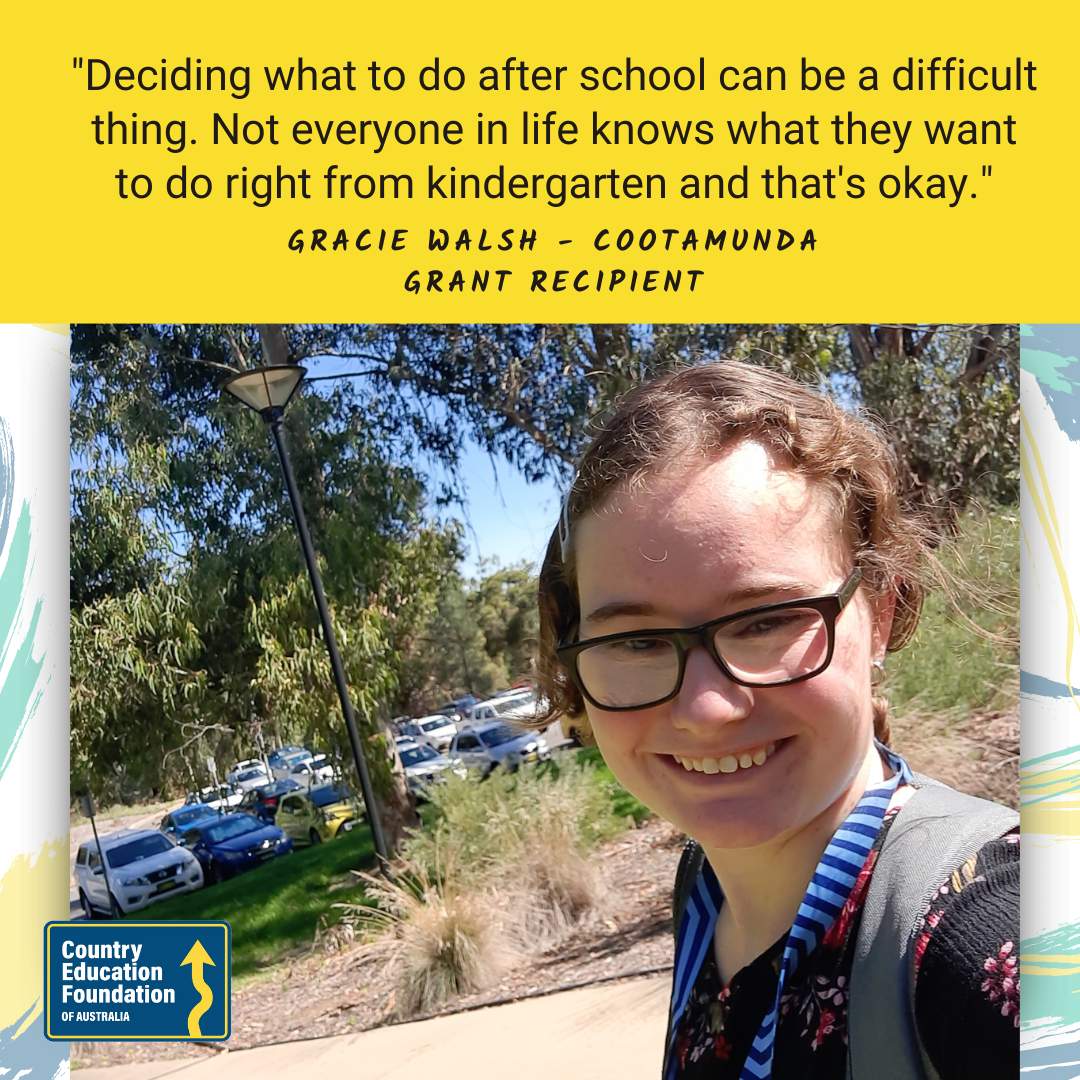
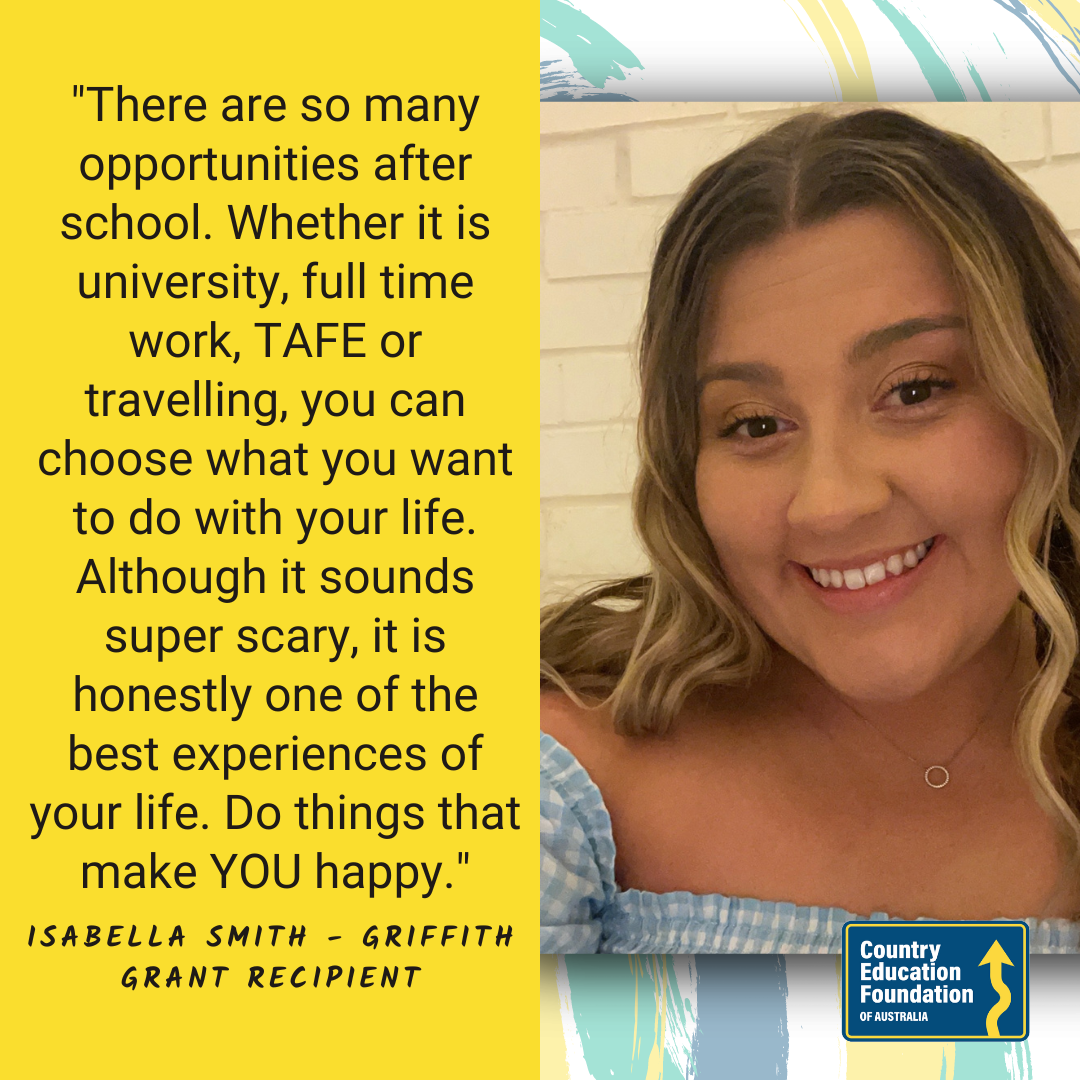
WHO CAN I TALK TO?
MAKING DECISIONS IS TOUGH – AND THIS IS A PRETTY CRAZY TIME FOR YOU. DON’T STRESS, THERE IS PLENTY OF HELP OUT THERE.
There are so many people you can seek wisdom, advice and support from on this journey. And, there are a whole host of support organisations you can connect with and even apps you can use. Here are some suggestions to get you started.
FAMILY AND FRIENDS
We know it sounds silly, but talk to your family and friends. They know you best, and are in a great position to be a sounding board and offer advice on what to do next. After all, isn’t this exactly what they are for?
SCHOOL CAREERS ADVISOR
Careers advisors are qualified teachers who have undertaken an approved course of study in careers education. They provide information, guidance and advice to help students explore their education and career options, create a resume, search for jobs, apply for jobs and/or apply for further study. Reach out to the careers advisor at your school for a chat, they can get you on the right track.
CEF – THAT’S RIGHT, US!
There are a few ways you can seek information and advice from CEF:
The volunteers of our local foundations are always willing to chat and help you out with information about your option and about support from CEF.
You can find your local foundation HERE.
Our CEF students and alumni are also happy to help if they can.
Our ‘Aspirational Influencers’ program to attend schools and community events, provide event provide mentoring, videos and even FAQ’s.
Our national office team are always also happy to help.
If we can’t, we will point you to someone who can from our networks including our current and past CEF students, education partner staff and corporate and philanthropic partners.
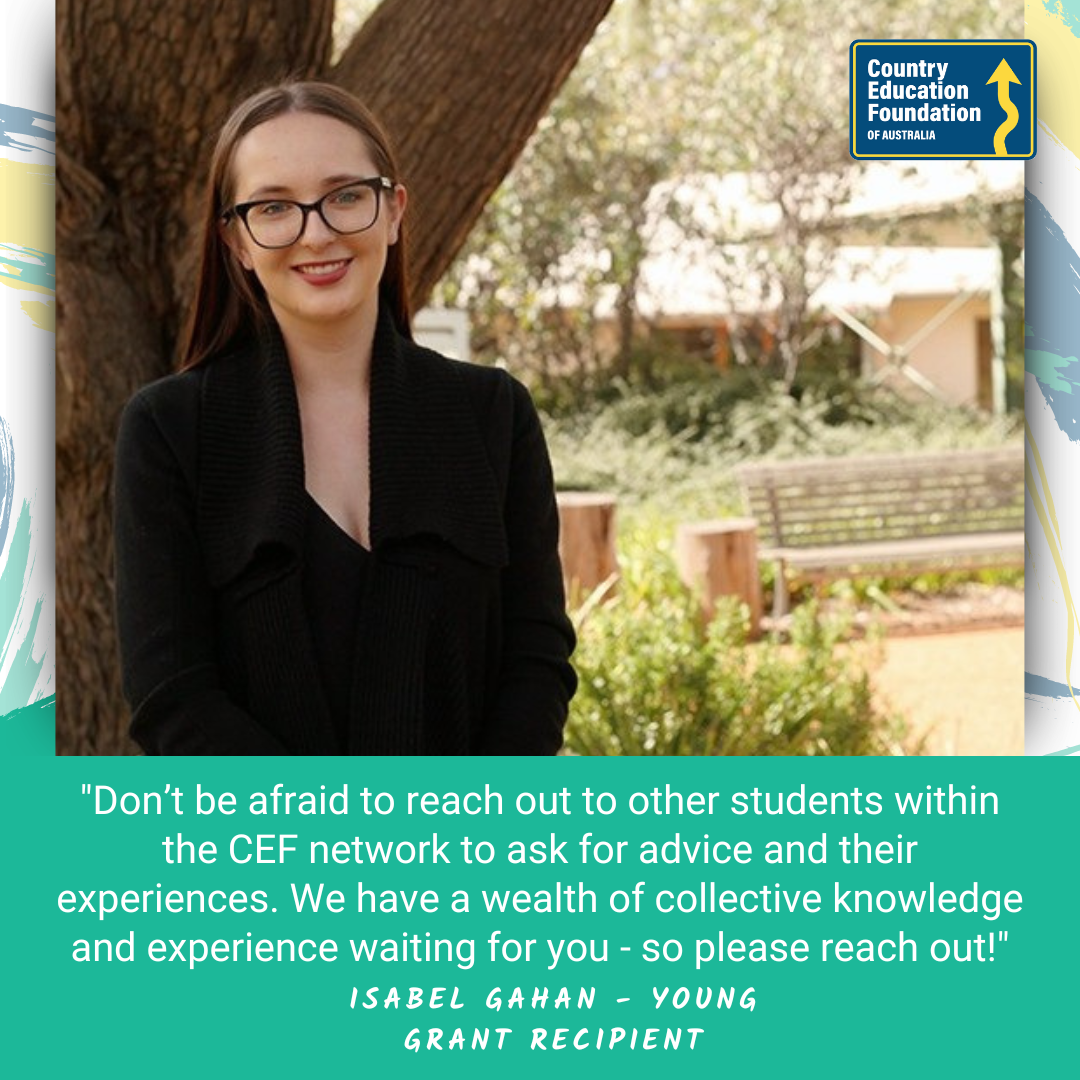
COMPARED
Kind of know what you want to study, but not sure where to do it? Compared.edu.au is a website that allows you to compare the quality of study AND student experiences from 122 post-school education providers, from universities, to private colleges to VET providers across Australia to see which might be the best fit for you.
YEAR 13
The Year 13 website, has a massive amount of information to help you make a decision for after school. With articles about different courses and pathways, posts about what to do if you don’t get the marks you want, and even an abundance of articles on places you can travel for a ‘gap year’. Tip: pop the word ‘regional’ into the search to get the stuff most relevant to you as a country student.
HEADSPACE
Headspace is a fantastic organisation that provides a whole host of support for young people aged 12-25.
Best of all, it’s free! If there isn’t a Headspace in your town, no worries, they offer their services online and via phone, which is why they are a great option for rural and regional students.
To talk to someone about work and study options, click here, and for some help from someone to just talk you through this tough time check out this page.
WHAT ABOUT MONEY?
WHATEVER YOU DECIDE TO DO, THERE ARE GOING TO BE COSTS INVOLVED, AND THESE CAN ADD UP. BELOW IS PLENTY OF INFORMATION ON FINANCIAL ASSISTANCE, SOME YOU MIGHT NOT KNOW ABOUT.
As a regional student, the challenges and costs you face in studying after school are far bigger that those of city folk.
For the most part, paying for your studies can be done through HELP or other student loans offered by the government. For more information about these loans, Study Assist has some great overviews of how you can do this, what you can apply for and where to get more information. Be sure to check back periodically though, as this information can change.
But, there are a lot of other things you (and your family) need to think about, like:
There is plenty of financial support available, especially for rural and regional students, you just need to know where to find it. But that’s OK, that’s why you’re here! Here is some great information to get you started.
GOVERNMENT SUPPORT
Services Australia (Centrelink) has a whole host of information available for students leaving school. For general information about support and payments available for traineeships and apprenticeships, university study, or even for assistance if you are not sure what to do next, visit the ‘Leaving School’ section of their website and follow the links for more information.
BEFORE YOU GO ANY FURTHER!
Some of this information says that ‘your permanent home address must be in a regional or remote area as defined by the Australian Statistical Geography Standard (ASGS)’ for you to be eligible for various financial assistance.
This is data developed by the Australian Bureau of Statistics, and we know this information can be confusing and difficult to navigate. So, we have done the hard work for you. This image gives you a rough idea if you fall into one of these areas – and if you click here – you will find a simple spreadsheet. All you need to do is use the ‘find and select’ tool and search for your postcode. This will tell you whether or not you fall into a rural or regional area.
You’re welcome!
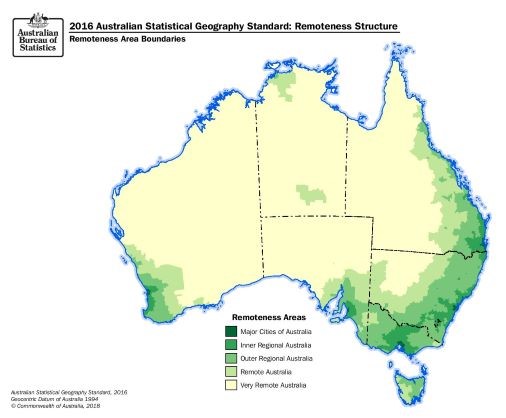
RURAL AND REGIONAL ENTERPRISE SCHOLARSHIP PROGRAM – RRESP
This program was introduced by the Federal Government to improve access to and completion of tertiary education courses for students from regional and remote areas in Australia. The Scholarships assist with the financial costs of attending their institution and undertaking their eligible course of study and internships.
The Rural and Regional Enterprise Scholarships Program can provide:
- funding up to $18,000, based on course length and type of study or training
- a further $500 to support an internship
- You must be an Australian citizen, Australian permanent resident, holder of a permanent humanitarian visa, or a New Zealand citizen living in Australia.
- You must have commenced or be commencing your Eligible Course of Study.
- Your permanent home address must be in a regional or remote area as defined by the Australian Statistical Geography Standard (ASGS).
TERTIARY ACCESS PAYMENTS (TAP)
The upfront costs associated with post-school study for country students can be overwhelming and deter participation in study, and create additional pressures for them and their families. This is a new funding initiative and information will become available later this year.
The TAP will be available for students who are:
- from an outer-regional, remote or very remote area (as per the ASGS remoteness
classifications); - enrolled in a Certificate IV or above qualification, with duration of at least one year;
- relocating to study at an institution at least 90 minutes by public transport from their home;
- enrolled in at least 75 per cent of a full-time study load over a 12 month period; and
- accessing tertiary study in the year immediately following their completion of Year 12 or equivalent.
For more details, you can read the Information Sheet here.
OTHER GOVERNMENT FINANCIAL ASSISTANCE
We know that as country students, all the help you can get is crucial to your success in post-school education. And, as a country student, you may also have other circumstances that make you eligible for other types of government financial assistance.
These might include:
- Aboriginal or Torres Strait Islander;
- Culturally and linguistically diverse;
- Have a disability of health condition;
- Sexually and gender diverse (LGBTIQ+);
- Low income background.
And there are others. Don’t be afraid to investigate and talk to Human Services about these assistances – at the need of the day, if you are eligible for additional assistance you should apply. Every little bit is going to make a BIG difference!
You can find more information and the relevant link to this information on the Study Assist website.
TRADE SUPPORT LOANS
These are government loans available to assist with living expenses if you are undertaking an apprenticeship. You do have to pay it back, but when you finish your apprenticeship you get a 20% discount on the repayments.
You may qualify for loan payments under the program if:
- you are undertaking a Certificate III or IV level qualification leading to an occupation
specified on the Trade Support Loans Priority List; - you are undertaking a Certificate II, III or IV level agricultural qualification; or
- you are undertaking a Certificate II, III or IV level horticultural qualification in rural or
regional Australia (as determined by the list of eligible postcodes).
For more information you can download the fact sheet, or visit the Australian Apprenticeships website.
SCHOLARSHIPS
There are thousands of scholarships on offer every year in Australia – and many of them go begging, simply because people don’t know what to look for or where they are! There are many community foundations that offer grants and scholarships for rural students. Check out organisations like:
- Country Education Foundation of Australia (CEF) of course!
- Royal Agricultural Society Foundation in NSW
- Country Women’s Association in NSW
- TAFE Queensland
- Playford Trust in South Australia
- Bendigo and Adelaide Bank Scholarships
There are also many more, you just need to be committed to digging a little. It is also worth contacting your local council, many of these offer scholarships and grants to local students. And if not, they might know of organisations in the area that do.
Remember, apply, apply, apply – you can’t win it if you aren’t in it!
It must be true! Even our very own McLean Foundation – CEF Scholarship recipient Sophie Nelson from Broken Hill encourages you to apply for scholarships!
INSTITUTION SCHOLARSHIPS
Most institutions and education providers offer scholarships or some kind of financial assistance that you may be eligible for. Also, as a regional student, think about making a phone call. It’s old school I know, but many institutions receive funding to ensure country students undertake post-school study. For example, of you are attending university, touch base with the Widening Participation (or similar) Unit, their job is to help people like you access study.
CEF SCHOLARSHIPS GUIDE
We couldn’t advise you about scholarships without pointing you to our very own Scholarships Guide!
We have more than 4,300 scholarships listed from major unis, for vocational education and training as well as extra-curricular excursions and learning opportunities.
We have tips and tricks for a successful application, as well as a fun quiz to see what you’re best suited to study, PLUS blogs written by successful scholarship applicants to give you the extra motivation you need to back yourself and fill in those forms.
CEF EXTRA NATIONAL SCHOLASHIPS
CEF national office now offers a variety of national scholarships, thanks to our amazing partners. Whether you need additional financial help, accommodation assistance or a little extra support there could very well be something on offer for you!
From agriculture to finance, to significant hardship and location specific, keep an eye out on our social media as the number of scholarships offered continues to grow!
For a list of available scholarships, eligibility criteria and closing dates visit CEF Extra.
And if you need any more information, be sure to contact the awesome team at the office.
IMPORTANT:
If you receive support from CEF and are applying for assistance from Centrelink, they might ask for your scholarship ID number.
This is your CEF APPLICATION NUMBER. The number that shows on the copy of the application you made to CEF you received via email.
If you are unsure, just give us a buzz!
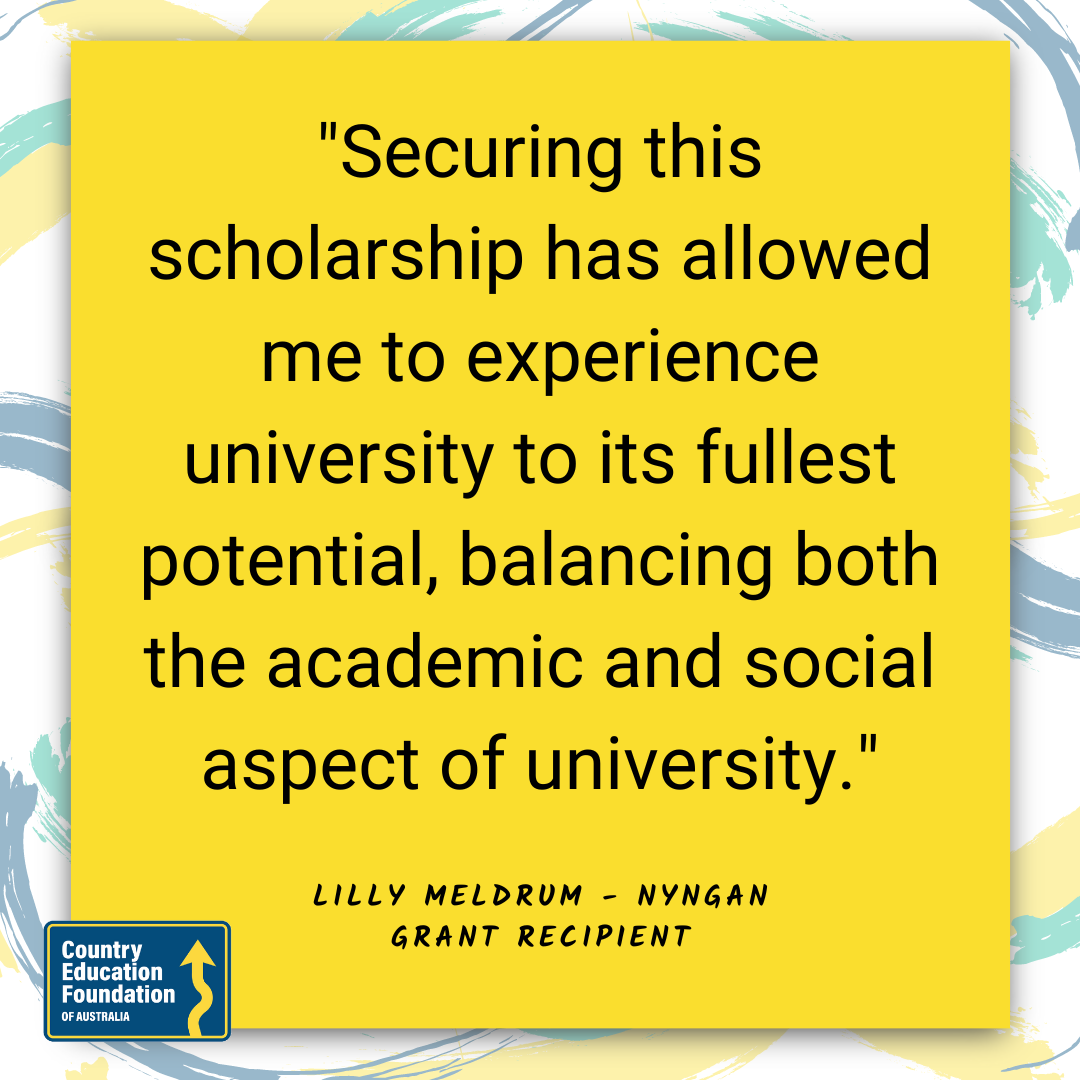
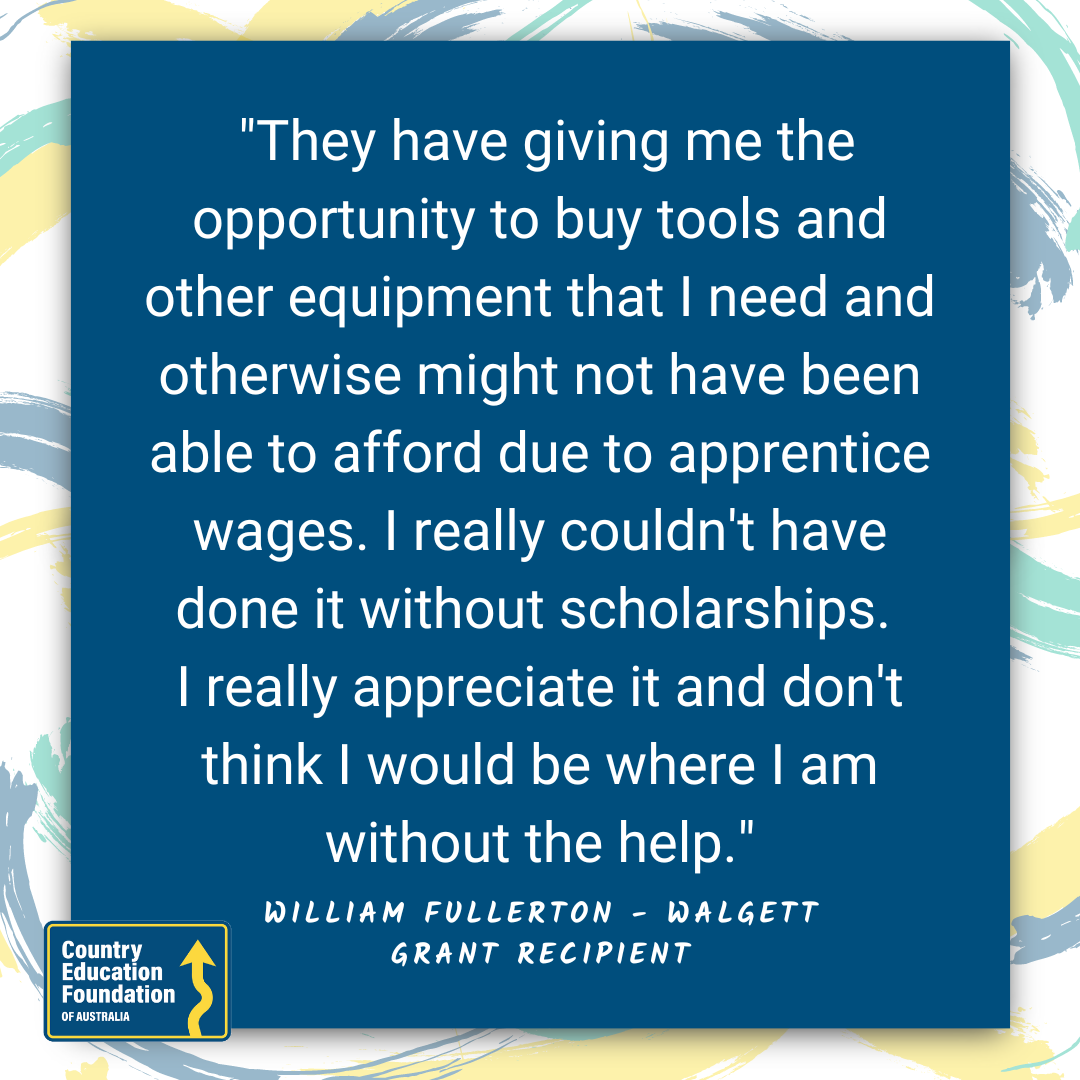
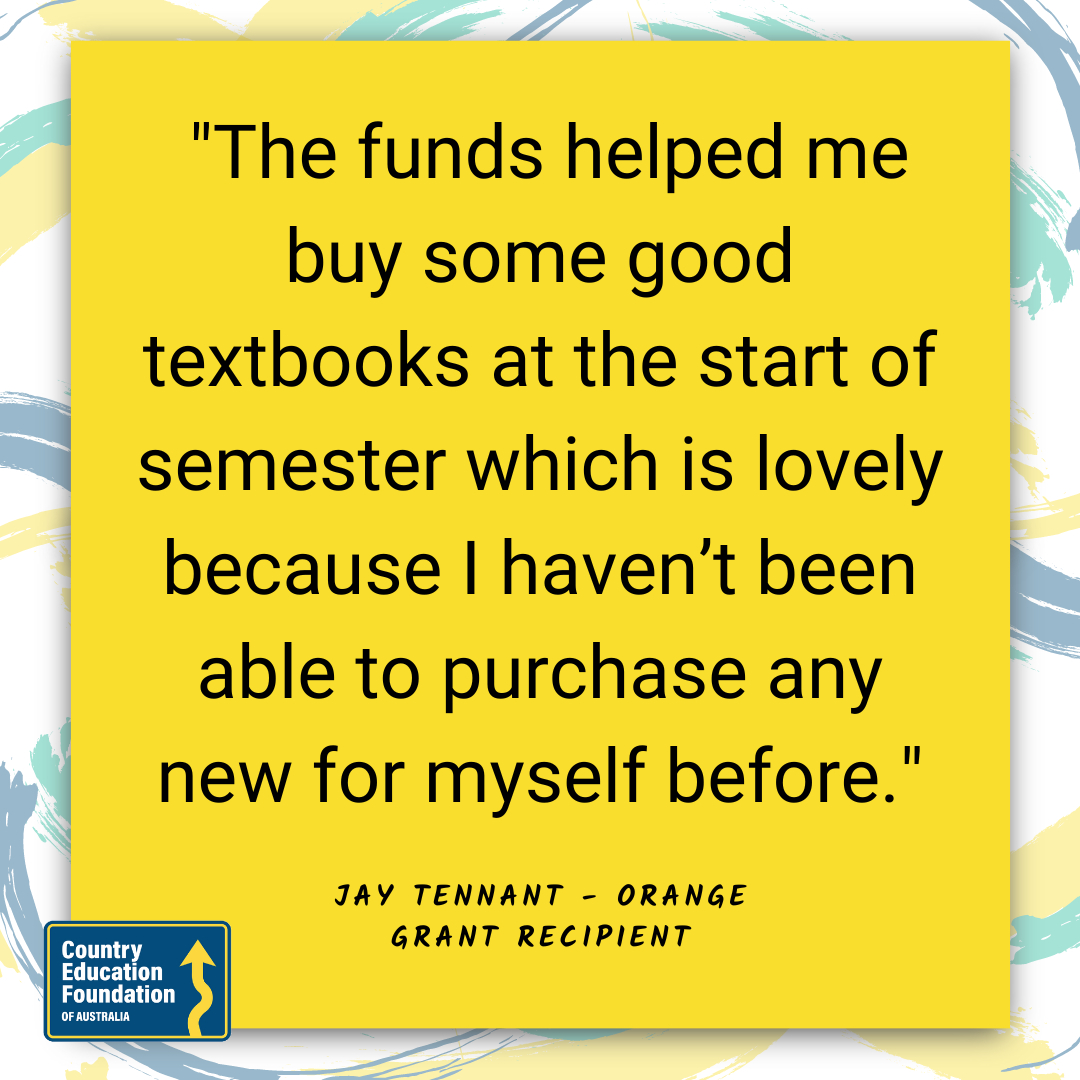
HOW DO I GET THERE?
WITH SO MANY OPPORTUNITIES AND PATHWAYS AVAILABLE, THERE ARE DIFFERENT WAYS TO GET ACCEPTED TO, OR ENROLLED INTO WHAT YOU WANT TO DO. HERE IS SOME ADVICE, ESPECIALLY FOR REGIONAL STUDENTS.
UNIVERSITY
ATAR
State admission centre websites are loaded with information. The depth of detail is ideal to investigate further education options not just for you, but for your family too.
These centre websites let you explore the courses and pathways available, and let you access the latest resources to help make an informed decision for your future.
It can assist you when thinking about what your dreams are and how you can achieve great things. Sign up for updates or follow their social media to keep on top of the academic year.
Here are UAC’s top five tips for year 12 students:
- Firstly, be aware of key dates such as the close of Schools Recommendation Schemes on 20 September and the Early Bird deadline for applications on 30 September.
- Research any additional selection criteria for courses as these can sometimes involve interviews or creating portfolios, and you may need some extra time to attend or supply these. Try and maintain a good work-life balance. Continue with the healthy study habits you’ve put in place so far and at the same time relax and rest your academic brain by enjoying those activities that you enjoy.
- To help you manage your time well, create a timetable to help schedule your studies. Time management is a vital skill which you’ll need once at uni or within the workplace. Good time managers are calm and don’t panic when deadlines are looming.
- Stay motivated and keep your eye on your end goal. It won’t be long until your new adventure after school starts. Motivated people get the job done, they also help others be motivated, so if your whole class is motivated to work hard and put in the effort to succeed, then it makes it that much easier for you to keep going.
For more tips and advice visit the UAC team’s YouTube channel.
ONLINE LEARNING
Just because moving away from home might not be an option for you, that doesn’t mean you can’t think about university study. Think about online learning. Whether you are straight out of school, or a little older, your circumstances don’t need to stop you from getting that degree.
Open Universities Australia offers more than 390 degrees through many of Australia’s leading universities. They provide you with enrolment support, offer online study resources and essay support to help get you through that degree via distance. They also offer short courses so you can try out some content to get an idea of what you might like.
Our friends at Country Universities Centre are just as passionate about rural and regional education as we are. With Study hubs in key locations, they offer a wide range of assistance to students from scholarship applications to providing safe, connected study spaces to work in. And they are expanding in the near future. So, if there isn’t one in your area yet, keep an eye out!
APPRENTICESHIP OR TRAINEESHIP
An apprenticeship or traineeship can be a really great option for you as a student from the country who wants to learn, but also get into the workforce and start earning a little cash.
Don’t just take it from us, read about CEF grant and scholarship Callum Furner who says he wishes he had started his apprenticeship earlier!
In Australia, there are generally three pathways to employment through apprenticeships and traineeships. These are:
- School-based apprenticeships or traineeships
- Pre-apprenticeships
- Apprenticeships and traineeships
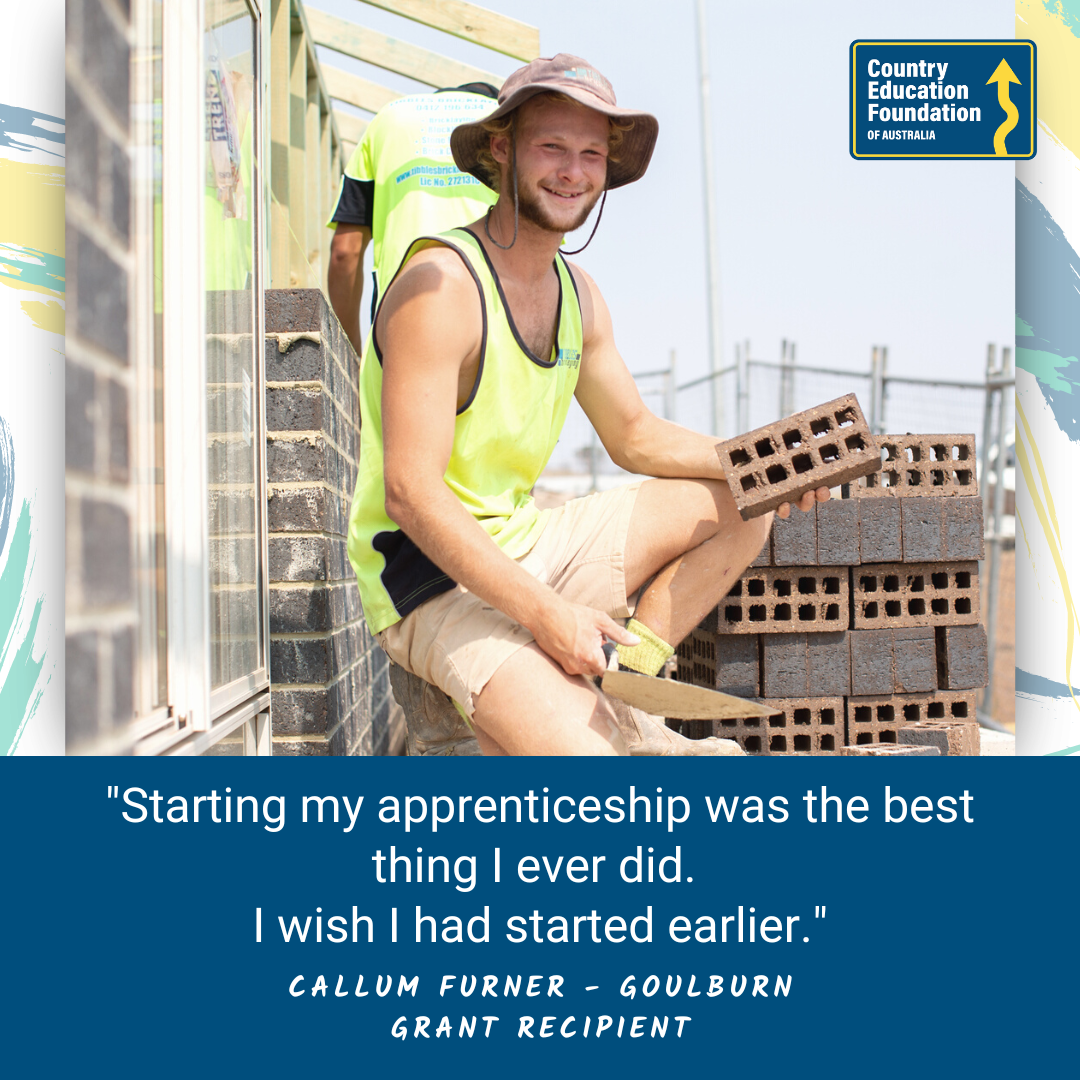
SCHOOL-BASED APPRENTICESHIPS AND TRAINEESHIPS
Australian School-based Apprenticeships (ASbA), also known as school-based apprenticeships and traineeships, are similar to any apprenticeship or traineeship but are commenced part-time as part of your secondary schooling. You will earn a wage, train with an employer, and work towards an accredited qualification while undertaking your high school certificate.
PRE-APPRENTICESHIPS
A pre-apprenticeship is entry level training which can provide a pathway into the industry of your choice. They are offered in the traditional trades industries, such as Carpentry, Electrical, Plumbing and Automotive and also for entry level training in industries such as Hospitality and Management. Pre-apprenticeships can assist in improving literacy and numeracy skills and help with some essential work related skills. This can prepare you for work, and make you a stand-out job candidate.
APPRENTICESHIPS AND TRAINEESHIPS
These are opportunities for you to train, study and earn an income at a variety of Vocational Education and Training (VET) qualification levels in many occupations. It can be full-time or part-time and when you finish your apprenticeship or traineeship, you have a nationally recognised qualification that can take you anywhere in Australia and is held in high regard in many overseas countries as well.
One of the best places to get information about Australian apprenticeships and traineeships is the Australian Apprenticeships Pathways website. One of the great resources they have is the Career Interest Activity Tool, which can take you step-by-step through the types of work covered by this type of training, and it can also help you to match your interest with the right potential career. To get you started, check out this worksheet which will tell you where to go on the website, walk you through the various activities, and if you like paper and pen, a way to track your answers and the results!
The website will also walk you through the following FOUR KEY STEPS to successfully selecting and obtaining the right apprenticeship or traineeship:
TAFE AND VET SECTOR
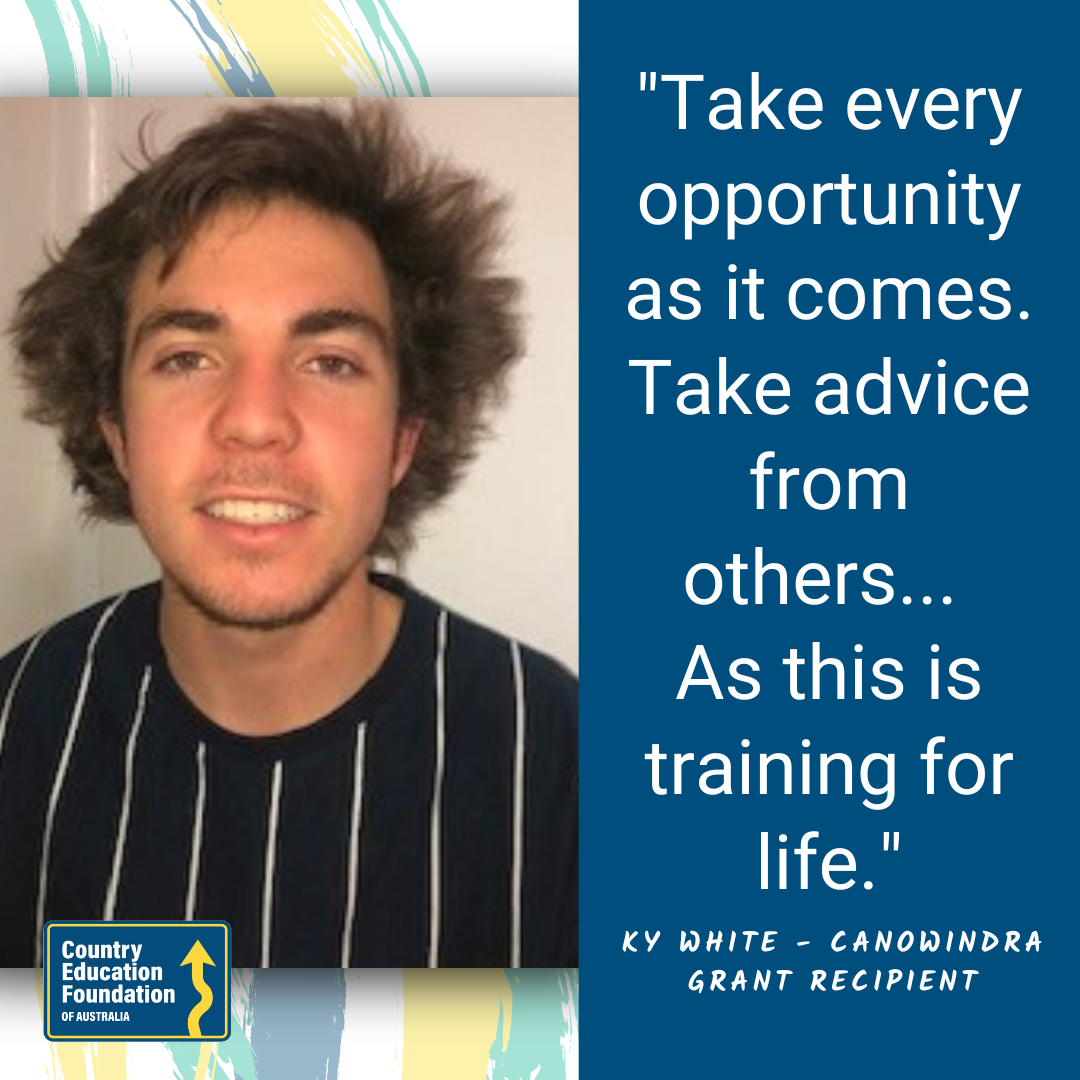
TAFE or VET Sector training is provided by registered training organisations, both government funded and private. Providers and offerings vary between states and territories. Many offer face to face courses in regional areas, and also offer online study options. Here are some links to major providers or information pages:
TAFE NSW – TAFE QLD – TAFE SA – Victorian TAFE Association – STUDY NT
There are about 4000 registered training organisations in Australia, and they all provide different qualifications in different areas of expertise via different methods. You can find and compare the outcomes, duration and locations of nationally-accredited training from registered training providers at the My Skills website.
EMPLOYMENT
These websites can help with a job search, and also with creating your resume. Once your resume is up to scratch, look online, ask around about jobs, and approach businesses:
If you are looking for work, there are 2 main income support payments you might be eligible for:
JobSeeker Payment for job seekers between 22 and Age Pension age
Youth Allowance for job seekers 16 to 24 depending on your circumstances
You may get ONE of these payments if you are:
– looking for work;
– completing approved study or training to help you get a job; or
– sick or injured and can’t work for a short time.
If you are receiving income support, you may be connected with a Workforce Australia employment service provider. These organisations ensure you do the things you need to keep your payments, and are designed to help you get your resume sorted, undertake appropriate training and connect you with jobs and employers.
WHERE WILL I LIVE?
AS A STUDENT FROM THE COUNTRY, YOU WILL PROBABLY NEED TO FIND ACCOMMODATION.
HERE ARE SOME SUGGESTIONS TO GET YOU STARTED.
There are a number of different options for you when it comes to accommodation. Check out this great summary on all the student accommodation options by the Good Universities Guide to get you started, and of course, we have a stack of information below that we have collected for you too!
STAYING AT HOME (OR WITH FAMILY OR FRIENDS)
This is, without question, the most economic choice of all! While you might not get that true ‘adult’ experience straight off the bat by doing this, it will definitely save you A LOT of moolah.
If you are studying locally, and your parents are happy to have you this is a great option, and something that many of your city counterparts do on a VERY regular basis.
If you have to do block study or placement in another town or city, chat to family and friends and see if there is anyone that might be happy to open their home to you. Most people ‘know someone who knows someone’, we are country people after all, so use that to your advantage!
COLLEGE
Many Australian universities have colleges they work with that are either on campus, or close to campus. College accommodation can be a great way to get to know people, and be part of a new community quickly when you have to move away from home.
They can be expensive, but the great news is that many have scholarships and bursaries available to reduce the costs, and often specifically for students from regional areas. Contact the university or institution you plan to attend for more information, and also search our CEF Scholarships Guide, and CEF Extra page for available assistance.
Check out ‘Tommy’s Tour’ of Dunmore Lang College, Macquarie University for a sneak peak of what life is like living at a college!
ON CAMPUS
As a rural student living away from home for the first time, living on campus is a great option.
You can live in catered accommodation, where your meals are provided, or you can choose self-catered shared accommodation, where you can fend for yourself and develop your Masterchef skills.
If you are undertaking study that requires block study, some institutions will offer on campus accommodation for these periods too.
Make sure to contact the student accommodation services of the institution you plan to attend, and try to do this as early as possible to not only get your preference, but ensure you are applying before cut-off dates which can vary widely between universities.
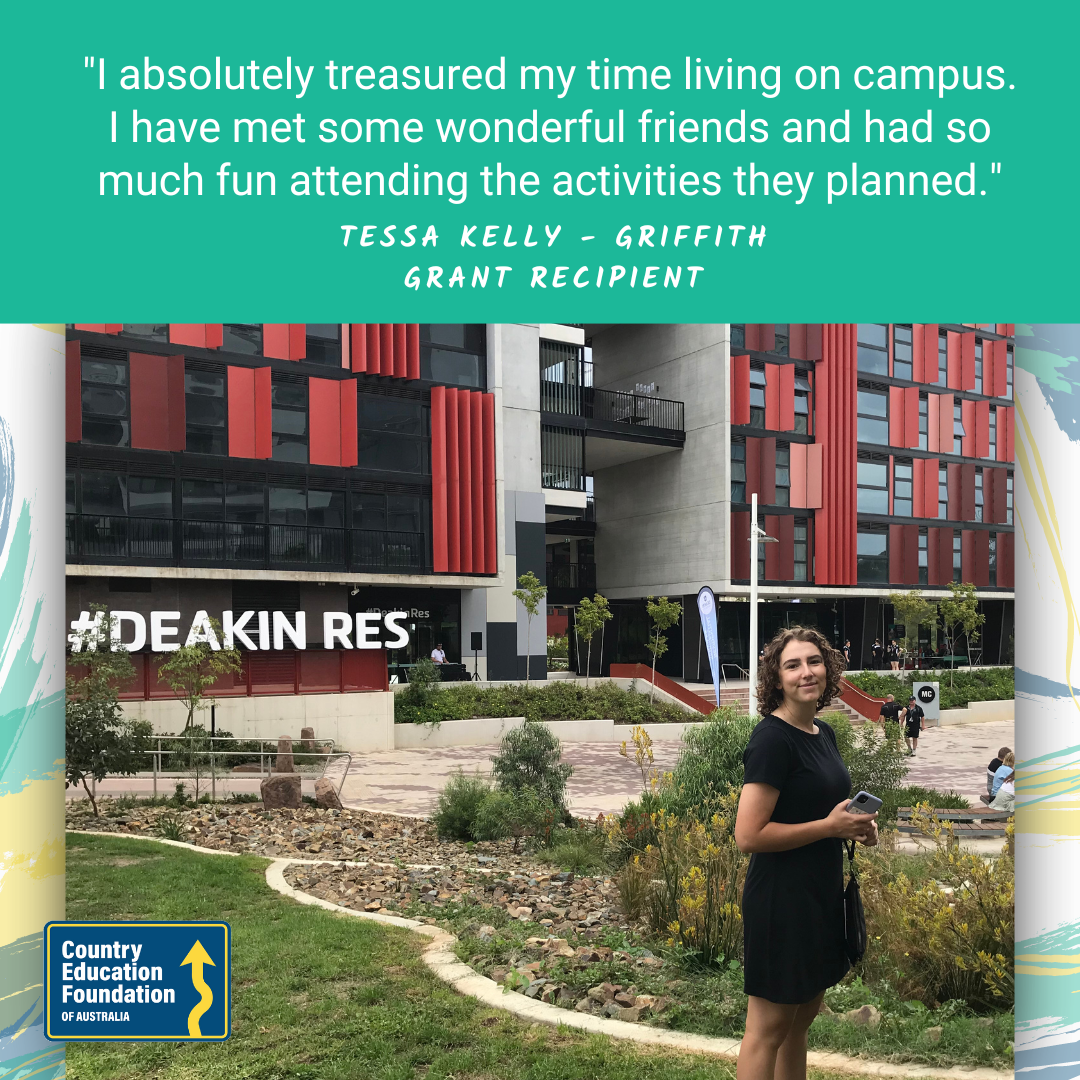
RENTING
Renting is another option for students. You can either rent on your own, or share with other students or friends to reduce costs.
As a first time renter it can be a little tough to get approval, so be sure to have some great references ready. These can include family, friends of family, teachers and work supervisors or colleagues. The better the references you have, the more likely you are to secure a place!
And, if you are already working to have work lined up for when you move, be sure to chat to your boss to make sure you can use them as a reference too – employment will always help! Check out this post from the Foundation for Young Australians (FYA) for some more great tips on renting for the first time.
Realestate.com.au is a great place to start if you are looking for a rental. They combine listings on almost all areas of Australia from many real estate agencies.
It will give you a good idea of what is available in the area you are moving to, and also what rental prices will be like.

HOSTELS
Most major cities have a number of hostel accommodation offerings. These are usually dormitory-style accommodation with shared living spaces, kitchens and bathrooms. Most often they are associated with backpackers, so if you are taking a gap year and doing some travel, these are a really common option for young Aussie travellers, but can also be a cheap option while you get yourself sorted for study if you have a had trouble finding accommodation.
To get you started, check out Hostel World, who have more than 330 listings across 80 cities in Australia and hundreds more listings around the world. Another option, with a worldwide great reputation is the Youth Hostels Association (YHA). Again, there are hundreds of these here in Oz, have a look here. And if your are looking for gap year or travel accommodation, both pages have options to link you through to international options.
HOMESTAYS
Homestays are exactly that – you rent a room in the home of someone else and live with them. For travel, these are a wonderful option to get really great, true experiences of the place you are visiting, and again can be a cost-friendly option if you need short-term accommodation for study.
A great place to get started if this is something that interests you is Homestay.com, operating internationally for both short and long term homestays.
The other obvious option nowadays is Air B’n’B, just make sure you do your research and read the property and host reviews, and policies before you book anything. This can be great for that ‘immersive’ experience without necessarily needing to share the space with strangers – because not everyone is OK with that!
This advice is general in nature and does not take into account your personal objectives, financial situation, needs or goals. You should consider whether the advice is suitable for you and your personal circumstances. All information is correct at time of publication.
The ‘Make it Possible’ Rural and Regional Inspiration Hub is funded in part by our partnership with Waratah Education Foundation.
